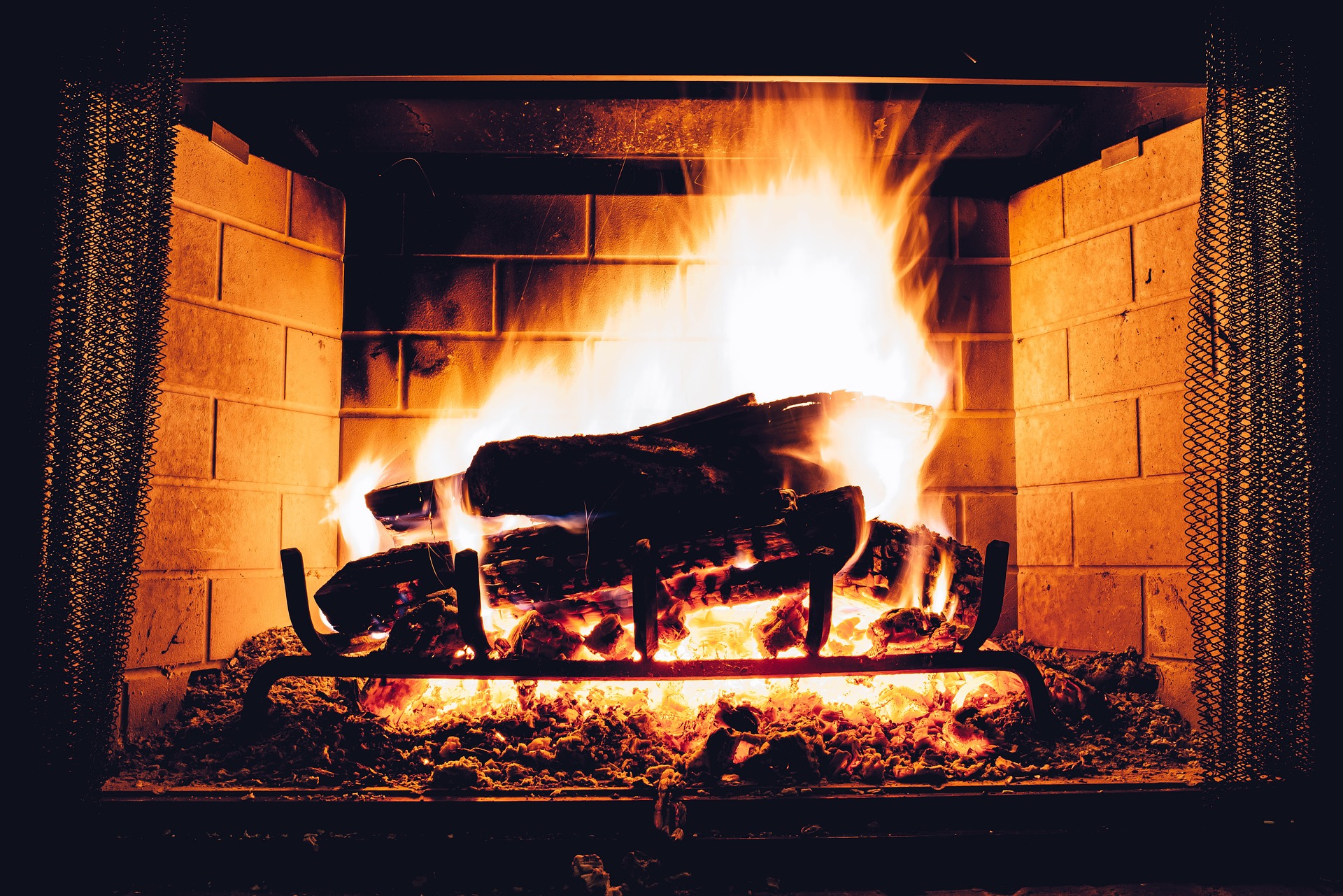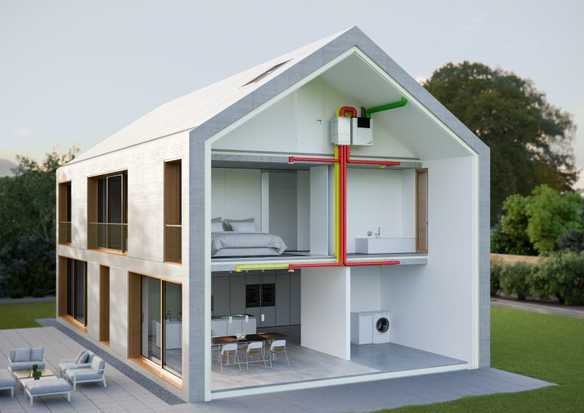Which Heating System Is Most Appropriate for You
A home’s principal energy expense is heating. Individual heating and central heating are the two heating principles. Heating systems come in various shapes and sizes, whether they are used regularly or only on occasion.
Numerous options are available to you within some heaters that are becoming increasingly strong on an economic and ecological level regarding the individual appliance or heater. The type of energy you use, such as gas, electricity, oil, or wood, must also be considered to reduce your energy usage.
This post is a continuation of part 1, in which we had looked at the following:
- Individual heating: a backup solution;
- Maximum comfort with central heating;
- Low-temperature heater that saves energy;
- Condensing heater: more efficient with natural gas.
In this article, you will now discover 6 other possibilities to heat your home better!
Wood-fired heaters are on the rise

Wood-fired heaters are increasingly popular because wood is the cheapest fuel on the market today. There are two types of heaters: those that use logs and those that use pellets or wood chips.
– For a central heating system, the disadvantage of a heater fed by logs is the manual loading. It is also necessary to be able to store these logs. In addition, the autonomy can not exceed 10 hours with the latest generation models, equipped with a secondary air intake.
– The pellet or chip heaters are fully automated with a screw or a suction system, which brings the pellets or chips directly into the device. Depending on your storage capacity, the autonomy can go up to several months.
Combination heaters, a solution for the future
Combination heaters combine two fuels:
– oil and electricity;
– oil and wood
– fuel oil and solar energy;
– gas and oil;
– gas and electricity;
– or electricity and solar.
Ideally, using a fuel with high autonomy and renewable energy is advisable.
– These combination heaters have a dual furnace or two twin generators, each of which runs on its fuel. Switching from one to the other can be done automatically or manually. However, it is necessary to store both fuel types not far from the heater.
– Among the proposals, the combined system with solar energy is increasingly popular; the sun is a free energy source. 60% of the needs can be covered, depending on the region! Water, heated by solar thermal collectors, is stored in a tank and can supply the heating network or domestic hot water.
Heat pumps, aerothermal or geothermal?
The heat pump, also called PAC, takes calories from the air, the ground, or the groundwater to send them, thanks to an exchanger, in the form of a heat transfer fluid, to radiators or underfloor heating.
– The aerothermal heat pump draws its calories from the outside air, which always contains a quantity of heat, even in winter. Depending on the region, it is advisable to install them as a backup to the heater because if temperatures drop too much, the heater can take over.
– The geothermal heat pump draws its calories from the earth or groundwater, by horizontal collection, via a network of tubes. The vertical collection is less invasive but requires drilling. The only drawback is that you need to have some land because this network must cover an area 1.5 to 2 times larger than the area to be heated.
Hydraulic underfloor heating for absolute comfort.
Now operating at a shallow temperature, limited to 28°C, hydraulic underfloor heating, i.e., water heating, offers absolute comfort. Its interest is to diffuse a soft heat uniformly distributed in all the house’s rooms.
The network of synthetic or copper pipes can be supplied by
– a heater;
– a heat pump;
– or by thermal solar panels.
– This network can even carry cool water in case of high heat: it is called a reversible floor.
The study of each case and the implementation must be carried out according to the rules of the art to optimize the installation and its performance. It is advisable to install a series of collectors and valves in each room, which will allow you to manage the temperature according to your needs.
Good to know: in the renovation, pay attention to the reservation: its height varies from 8 to 14 cm depending on the thickness of the insulating slabs.
The choice of energy dictates the choice of system
Gas, oil, electricity, wood… The history of economy and practicality explains the choice of energy.
Gas offers relatively clean combustion in CO2, but its price is very variable.- City gas is easy to use if you have a network of pipes in your home. In communities not connected to the network, it is always possible to install a gas tank outside the property and connect it to your central heating system.
– Fuel oil is in decline; however, it offers 96 to 98% efficiency for condensing heaters. Its advantage is that you can store it in tanks that take up very little space and allow for several months of autonomy.
– Electricity has a relatively high cost, but it does not generate any pollution in homes and requires no storage. In addition to the nuclear power plants that supply us with electricity, wind farms appear to allow fairly efficient production.
– Wood has an attractive price and can be used in a short circuit if supplied from the nearest forests. It is renewable energy, but it requires a little space for storage and creates a handling problem.
To capture your needs, an energy audit is necessary
The energy audit, carried out by a professional, consists of evaluating the thermal characteristics of your home, particularly the insulation. In fact, in older homes, heating remains the most considerable expense.
– The study targets the problems to be treated before choosing any means of heating on the walls, the floor, or the roof and can recommend solutions.
– The professional hired will even be able to direct you towards the most suitable heating method.
That’s it! You now have a wide choice of heating systems to suit your needs. Don’t forget to leave us your comments below.


One reply on “Which Heating System Is Most Appropriate for You”
[…] 4 heaters to suit your needs. We will tell you more about 6 other solutions for your heating in our next edition. Stay tuned, and don’t forget to leave us your […]